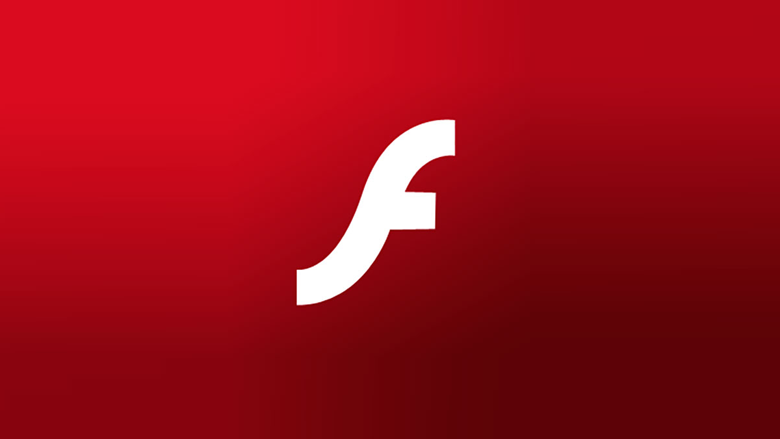Expert opinion: how will the Flash restriction affect the industry?
Google is discussing the possibility of stopping Flash playback by default. If the company does this, any Flash content before playback will ask the user if he gives permission for this. We talked to market experts about how this could affect the social gaming segment.


Vasily Maguryan – Head of the game direction Mail.ru GamesYes, we are aware of Google’s intentions regarding Flash, but applications using this technology still occupy a large segment in social networks both in terms of audience and revenue generated by these applications.
For developers who use Flash – this, of course, will be such a complication, which is likely to affect conversions.
Unfortunately, although HTML5 has become more often used in game development, for example, in conjunction with WebGL, but in its current form HTML5 is still weak as a technology for game development, since Flash – unlike it – allows developers to create very complex product solutions much faster and cheaper.

Maxim Babichev – Developer Advocate in VKontakteIt was clear that Google would do this sooner or later, the memory of the Unity player is fresh.
The transition period is primarily needed for developers to migrate projects from Flash to HTML5. With proper HTML5 functionality, of course. However, it seems to me that the quality of projects at first will be set back two or three years.
For games on social networks, this can be a step forward, because projects will again become equally available in all browsers. Also, low-loaded projects, mostly casual and probably some midcore ones, can be sharpened for mobile browsers, which will allow you to play cross-platform. Social networks only need to support this format and give the opportunity to fully use games in mobile versions of the site.

Olga Makushenko – General Producer of 101XPIn my opinion, this change will have almost no effect on social games.
Google has announced that it will not touch the Top 10 platforms using Flash, which means that games running on the largest social networks should not be affected. If we are talking about games published on less popular platforms, then the consequences for them will not be the worst. This will not affect the existing gaming audience in any way, and the cost of attracting new players will grow, but not significantly. Right now, this whole story does not look like a problem of universal scale, although the trend, of course, is not the most joyful.

Maxim Maksimov – Founder of RJ GamesOn the one hand, WebGL and HTML5 have not yet entered the social market as a mass technical solution.
On the other hand, Flash is slowly leaving the market. In fact, for companies that are already successfully earning on social games, you should not expect drastic changes. However, for those who do not have products on the social platform, entering the market will become more difficult.

Ruslan Murashko – Co-Founder at PlayFlockThe main thing is that Flash will be covered – whether it’s a year, two or three.
This is the only technology that bothers everyone, the web standardization consortium, browser developers, the community and even game developers who do not understand what the fate of their products is.
Flash has potential only on desktop and mobile platforms (iOS, android), but here it is necessary to understand that most of the games already created work without hardware acceleration, this will make porting very difficult. Often, for this reason, they simply will not port.
If Google’s decision is made, it will significantly affect the attendance and behavior of players in social networks. The developers will try to convey to the players how to include the game with various banners and tutorials. All this has already happened with Unity, the result, I think, will be similar. Of course, existing HTML5 games will increase their audience. And after the complete shutdown of the technology, the catalog of games will be greatly reduced, which will create a significant redistribution of the social gaming market.
Therefore, there are two obvious solutions. Either port games to HTML5, or wait for a tool that will do it for us.

Mikhail Ivashchenko – CEO of Nevosoft OnlineStrictly speaking, the [international] segment of social games now is Facebook players.
The rest are vanishingly few. A lot of people have gone to mobile.
The playing audience on Facebook, apparently, will have to suffer this inconvenience once. As promised in Google, the browser will remember the choice for the Top 10 most Flash-using sites.
From my point of view, the decision is very controversial: it will primarily hit the players, and not the consumers of other content, which, for the most part, has already switched to HTML5.
However, the developers of social games have always kept at the forefront of events, and, of course, they will look for alternatives. Plus, it is clear that we will see fewer and fewer new social games on Flash.